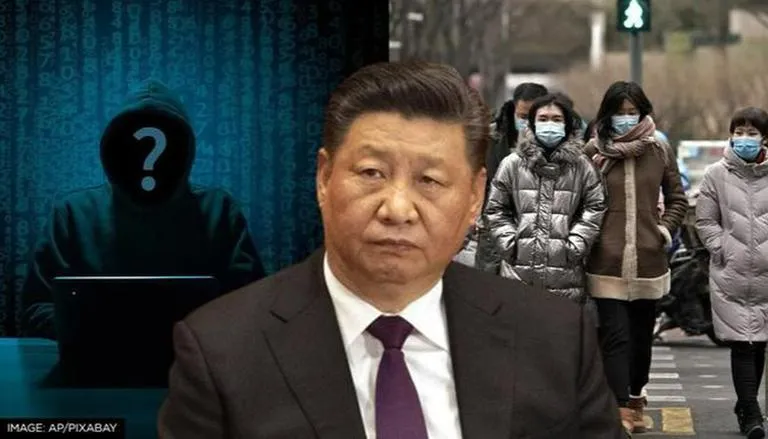China has ramped up its mass surveillance tools to monitor millions of citizens in a bid to help aid the authoritarian rule of the country’s Communist regime, according to the report of a study shared with the New York Times. Beijing is collecting a questionable amount of personal records of people in the mainland to develop a system that will offer simple access to an individual’s identity, adding to the techno-authoritarian government’s measures to extend control over the 1.4 billion Chinese citizens. From drones to CCTV cameras, Beijing-backed espionage activities have only increased with reinvents of cyber operations, the report said.
The study emphasised that the Chinese government has begun using phone-tracking applications to link people’s devices to locate people’s movements, breaching the fundamental right to privacy, especially during state-announced mass COVID quarantine orders. Furthermore, the Xi Jinping government has also signed deals with tech companies not only to crack down their bids with foreign firms but also to ensure rapid upgrade of surveillance technologies, the study claimed.
China beefs up data surveillance
The report handed over to NY Times outlined that China is currently using four data sources to access information, including CCTV cameras. “It is considered as the foundation of China’s surveillance state,” the study stressed. Another primary source is biological “DNA,” which Beijing-linked authorities are “collecting indiscriminately” from people unrelated to criminal activities. The study exemplified that the officials vested with the task are extracting DNA from Chinese citizens with a history of mental illness or married couples who have shown “signs of suspicion.” Some other secondary sources are phone trackers, public service websites, and more.
The authorities are reportedly conducting espionage at two levels- elementary and highest to identify and eliminate any threat to the government while upholding social stability, NY Times said. Surveillance activities have escalated in during President Jinping’s tenure, who has largely centralised national security and unleased stringent policies to thwart ethnic uprisings from minority regions of Xinjiang, Tibet, and Hong Kong as global rights watchdogs and the international community have pressed China to resolve the issues mostly pertaining human rights situation.
COVID outbreak & data collection campaign
Local Chinese authorities inculcated new data collection campaigns ever since the COVID outbreak gripped the country in 2020. Provincial leaders ordered the usage of facial recognition, phone tracking, and digital forms to track civilian movements, this heightening privacy concerns. Millions of Chinese citizens are now needed to scan QR codes to access shopping malls, residential compounds, or even public transport in the name of safety protocols under tracking methods mandated by Jinping’s ‘zero-COVID’ policy. Authorities claim that it helps to track the infected people.

